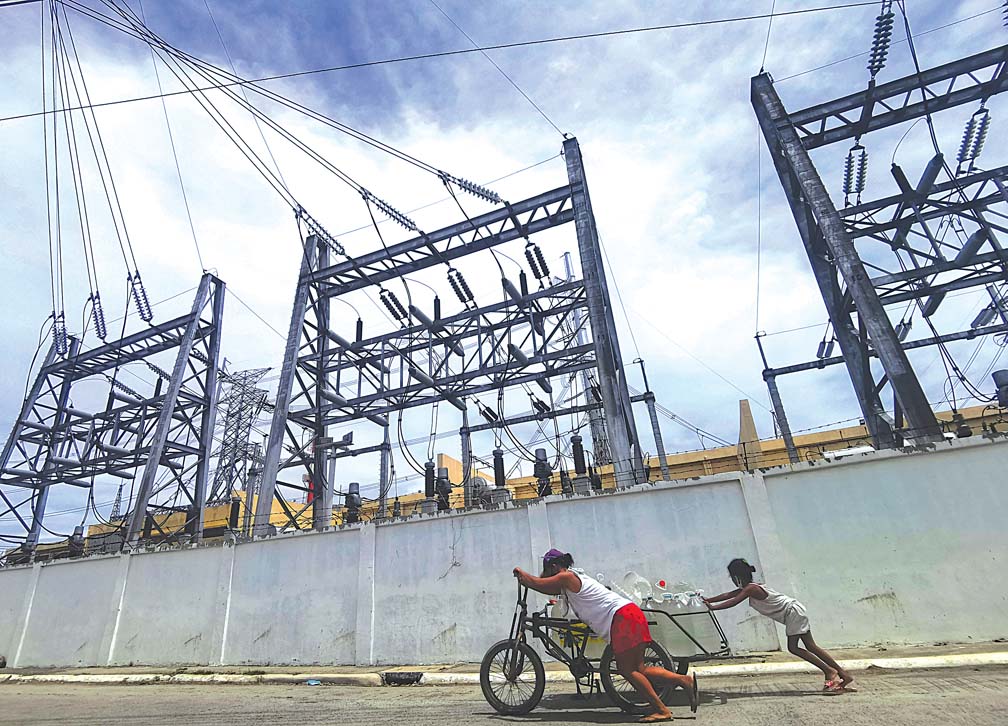THE Department of Trade and Industry (DTI) sees the economic contribution of the micro, small and medium enterprises (MSMEs) segment to steadily grow to at least half of the country’s national output if continued efforts are pursued.
Trade Secretary Ramon M. Lopez told reporters, at the launch of Voyager Innovation’s coworking space early this week, the agency estimates the contribution right now to be at least over 40 percent.
“My hunch is the economic contribution of MSMEs is over 40 percent already. One methodology to determine that is to look at the companies incorporating at the Securities and Exchange Commission. Those companies worth below P100 million are growing. The revenue and income of those must be accruing to a larger contribution,” Lopez said, adding that in a couple of decades, this may attain the 50-percent level with increased focus on the sector.
With the directive from President Duterte to double down on supporting the country’s MSME segment, the DTI head said he intends to pursue increasing his agency’s budget in the coming years.
“The P50 billion that President Duterte mentioned during the Asean summit will be an accumulated amount over the administration,” Lopez said, reiterating that MSME Development cornered a significant share of the budget per-program basis receiving at least P1 billion.
This is apart from the proposed increase of the sub-initiative under the MSME Development program, the Shared Services Facilities (SSFs), from P200 million to P1 billion.
“We’re putting in a lot more effort for MSME development, if you combine all the efforts for the segment that’s at least P1 billion. We don’t know if the SSF increase is included; it could be possible at P2 billion. Under the Small Business Corp., there’s also an additional P1 billion for the Pondo sa Pagbabago at Pag-Asenso [P3] program,” Lopez added.
Through the encouragement of the Senate, the DTI revived the SSF Program after removing the budget for it in 2017.
The SSF program—essentially an infrastructure and equipment lease arrangement in key industries with cooperatives and small businesses—some 935 SSFs have been turned over to community-based cooperatives since 2013.
“It’s a vital ingredient for micro operations. If you’re a cooperative harvesting calamansi for example, you need machines. These machines are expensive even for a group,” Lopez said.
The P3 pProgram is being heralded as a key MSME support program for the DTI.
In response to the prevalence of the “5-6” lending system that has already become the standard financing means for many Filipino micro-businesses, the DTI launched the P3 program early in 2016.
The microfinancing program intends to give MSMEs better access to finance by doling out loans at an interest rate less than three-fourths of the rate given in the 5-6 (of 20 percent) and with no collateral needed.
The implementing agency for the P3 program is DTI’s attached agency, the Small Business Corp.; the SB Corp. releases the funds to non-bank micro-finance institutions (MFIs), associations, cooperatives and other conduits who already have delivery and management structures in place to lend out the funds.
Since October the SB Corp. has accredited three national micro-financing institutions covering 75 provinces nationwide and 59 local conduits.
Beneficiaries are estimated at 22,422 individual business owners, and loanable amounts range from P5,000 to P100,000.
Of the P1-billion fund, SB Corp. Vice President Melvin Abanto said approved credit lines extended to conduits are now at P827.5 million.
“Our borrowers in the P3 program are now more than 30,000. There are a lot of borrowers that have shifted away from the 5-6 system,” Lopez added.
The DTI earlier said the total operations of the 5-6”lending system—essentially a 20-percent add-on-rate loan system—has totaled P2.4 billion. The Indian Chamber of Commerce said there are around 30,000 operators of the scheme in the Philippines.
Another component of the MSME Development Program—the establishment of Go Negosyo Centers—has also been gaining traction.
This year, the DTI proposed a budget of P514.6 million for the establishment of these one-stop shops for businesses.
To date, 562 Negosyo Centers have been established since its inception in 2014, with 297 centers launched under the current administration.
The Go Negosyo law, or Republic Act 10644, mandates the creation of a negosyo center in all provinces, cities and municipalities. Negosyo centers are one-stop shops circulated at the municipal level offering business advisory and business-registration services to spur MSME development.
Under the budget notes for the agency, the DTI identified output indicators next year based on its proposed allocation: It aims to assist 168,610 MSMEs in 2018, compared to 144,533 this year.






























